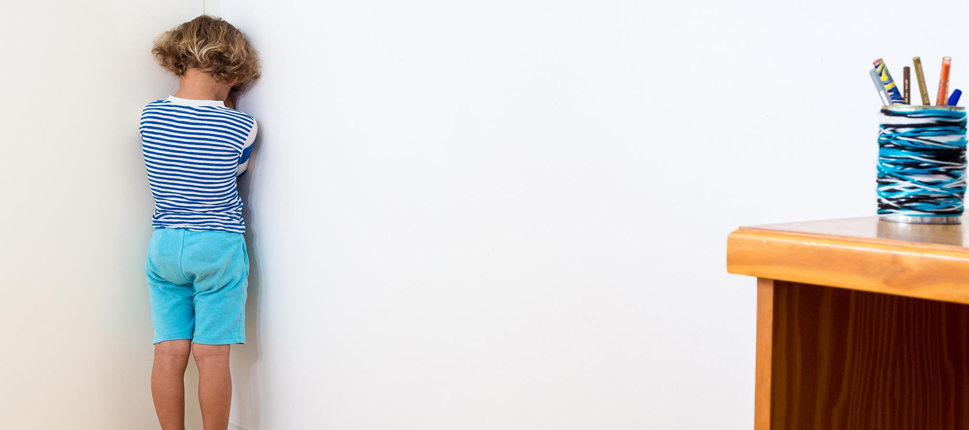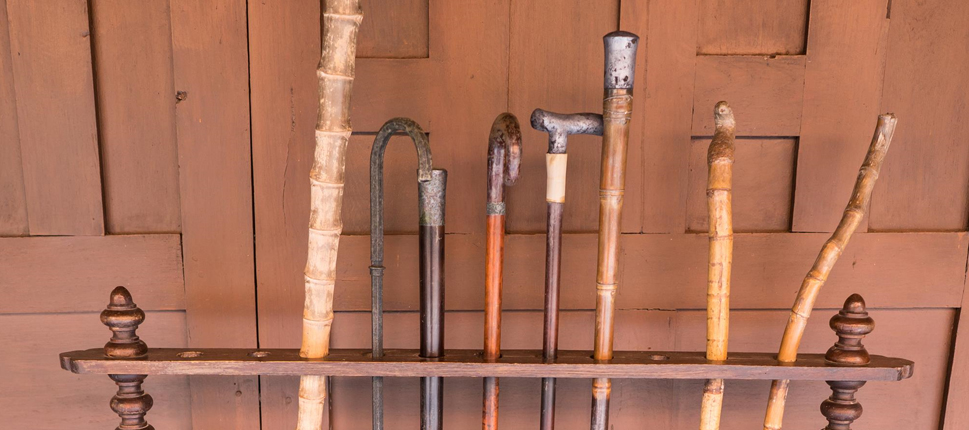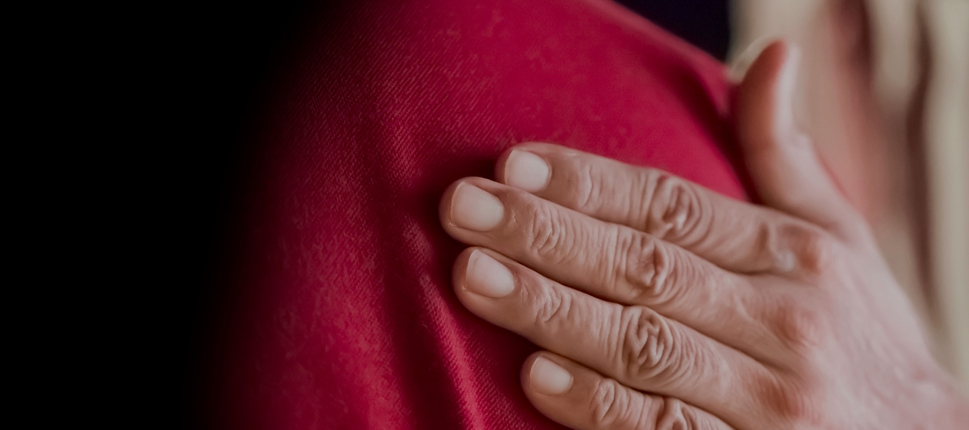One of the most fascinating things when talking to someone about their life is hearing about how they arrived at where they are today. By chance or intention, we find ourselves at the end of millions upon millions of major and minor choices.
Often, only from the outside, can one see the power, intention and motivation in the choices we made. On closer examination, we may see themes or patterns in the tapestry of our life, sometimes operating from deep within our subconscious. Some of the patterns, often in place since childhood, may still be active and playing themselves out today in our life.
So why did he turn left and not right?
Asking a person to remember why they made a particular choice many years after the fact is often not that simple. With the passing of time accuracy of memory can be tested. So what makes us choose the things we choose and would it be helpful to understand the process by which we come to decide which road to take? How many people look back with regret and remorse at the decisions they made, stating how differently they would have chosen given the chance again. As we all know we can’t change the past but we can change the way that we relate to it. Maybe the best way to relate to the past is to learn from it and move forward, clearer to make the most beneficial choices.
There seem to be many reasons why we desire and choose what we do. It would be understandable to assume that choice is the next step after desire, but that said, why do we desire what we desire and what are the criteria for choice? Both desire and choice may need greater scrutiny to be able to answer these questions.
First comes the desire, or does it?
Are we free to desire anything, or are we limited by other parameters? Some people were raised being told that they can “Go for whatever they want,” while others are told “Be realistic, not just anyone can be the president!” So you see, both desire and choice may have hidden trip wires, waiting to catch us up at any moment. Totally individual, our framework for desire and choice is as unique as we are. On many occasions I have tried to encourage someone to:- go for that job/relationship/challenge, citing how totally perfect and completely qualified they are for it. But for some reason, maybe not even known to themselves, they find enough evidence to justify why they would not stand a chance of even getting an interview/date/call back. So you can see by their comment that they have already decided that its way out of their grasp. If only we could take a close look at our own set of rules and guidelines pertaining to desire and choice. We may discover some useful insight, not only understanding more about how we came to end up here but how we could move forward in life with a greater sense of satisfaction and fulfillment.
Babies and young children have a very limited range of choice within their command. As they grow and develop they are either given more choice or they reach out and take it. How we expand our repertoire of choice largely depends on the unconscious stance we adopt to get our needs met. Even though both aspects reside in each of us, most will have the tendency to lean one way more than another. I’m referring to the seesaw of “Pleasers and Controllers”, the two opposing stances people can take if they should find themselves short of what they need or desire. A pleaser seeks approval, needing to know what another desires before they choose their next step, enabling them to make the correct step towards the acceptance they so desperately need.
“Hey Phil, do you want to go eat Indian or Italian?”
“Oh I don’t mind, what would you prefer?”
If a pleaser presents a plate with two different biscuits, the pleaser will always ask which biscuit the other person prefers and then take the other. Obviously there is nothing wrong with giving to another before yourself, giving the one you love your last chocolate is a sweet thing (haha) but giving is a action free of agenda. As the saying goes “Free to give and not to count the cost.” Pleasing looks very much like giving but has a hidden agenda stuck to the gift. If the agenda is to please another, there is much more going on under the surface than there is in the conscious exchange. I have often felt the weight of unspoken agenda when receiving something from another, knowing at some point this so called gift will come back to haunt me.
The controller on the other hand, would not think twice and will take the one they want and give away the other. Now similarly there is nothing wrong with control, just who and what are you trying to control. Control over yourself and your world is your Human Right. Here I define the word “Controller” as someone who tries to control another for personal gain, not the wellbeing of the one they are interacting with. Controllers always try to take charge, grasping control with both hands. If not complied with they may withhold in an attempt to force compliance. Rather than accept and show compliance themselves controllers would prefer to go without or even exclude themselves. This behavior, often unconscious, is a way to make you feel bad for denying them what they wanted (Control). This classic adolescent stance I often refer to as the controller trying to “guilt you” A form of coercive behavior.
So as we start to question choice and desire we can see that it’s not as simple as it seems. “When they know what you want and desire,” he said, “Then they know how to control and manipulate you.” The words of a man who had experienced being controlled as a child through punishment and reward and who knew he could be controlled by having what he desired taken away as a punishment. He learnt to disengage or hide from view what he desired so they could not use it as a way to punish him. For people controlled in this way, there are side effects. Desire is not only hidden from the view of others, but can also be hidden from self. It’s often less painful to disengage from our desires, in the presence of those waiting to use them against us or those we fear will. The programming can be so hard wired that even years later, supposedly broken away from parental controls, we may still have that programming in place, ready to spring into action at the slightest “would you like…?”
So for a controller choice is heaven and for a pleaser it’s hell. I remember screaming in the back of my parent’s car “PLEASE DON’T MAKE ME CHOOSE”. At the time I could not have told you why it was so devastating to choose, I was only being asked to choose which suit they were going to buy for me but the feeling was all consuming and my scream made it sound life threatening. Years later it became crystal clear. How could I have chosen? I was a pleaser. The correct answer for a pleaser always sits with the other person and our compliance guarantees approval and therefore getting our needs met. So for a pleaser control is nothing short of torture.
If you want to give a pleaser the total choice you have to preempt the offer by saying: “Darling I will still love and support you whatever decision you make about university”. A controller is more concerned about having control than reaching the goal. The child being guided by the hand to the swings pulls away from mummy, exerting control, showing whose boss. Control rather than playing on the swings being more important for that child.
Every decision that we make is a stitch in the tapestry of life and we don’t often realise their importance or relevance in the bigger picture. Decisions are made for many reasons, with some like driving a car being automatically taken without a second thought. Understandably, it might feel like an overwhelming task to stop and question our choices, but there is probably a good argument for at least trying to start.
Simply put we decide or choose either because “We want” or because “We Fear” No wonder we get tripped up when people say; “Well what are you complaining about you chose…! Maybe choice does not always equate to what we want. So whether you feel that you lean more towards being a pleaser than a controller the acid test is still the same. Pure choice is for personal gain or benefit only It has no intended impact on anyone else. Pure choices do not need to be known by anyone else. Polluted choices are taken based on the impact it will have on the way that another views or relates to you. So the question is, do you choose because you desire or do you choose because you need to affect the relationship that you have with another? Both motivations are valid but it’s important that you can differentiate between the two.
With the awareness of the motivation and intention behind your choices you may find that what you choose could change drastically or at least you will be more conscious of what and why you chose. So maybe the next time you are faced with a choice, stop, take a breath and ask yourself: “Why am I choosing this?”








